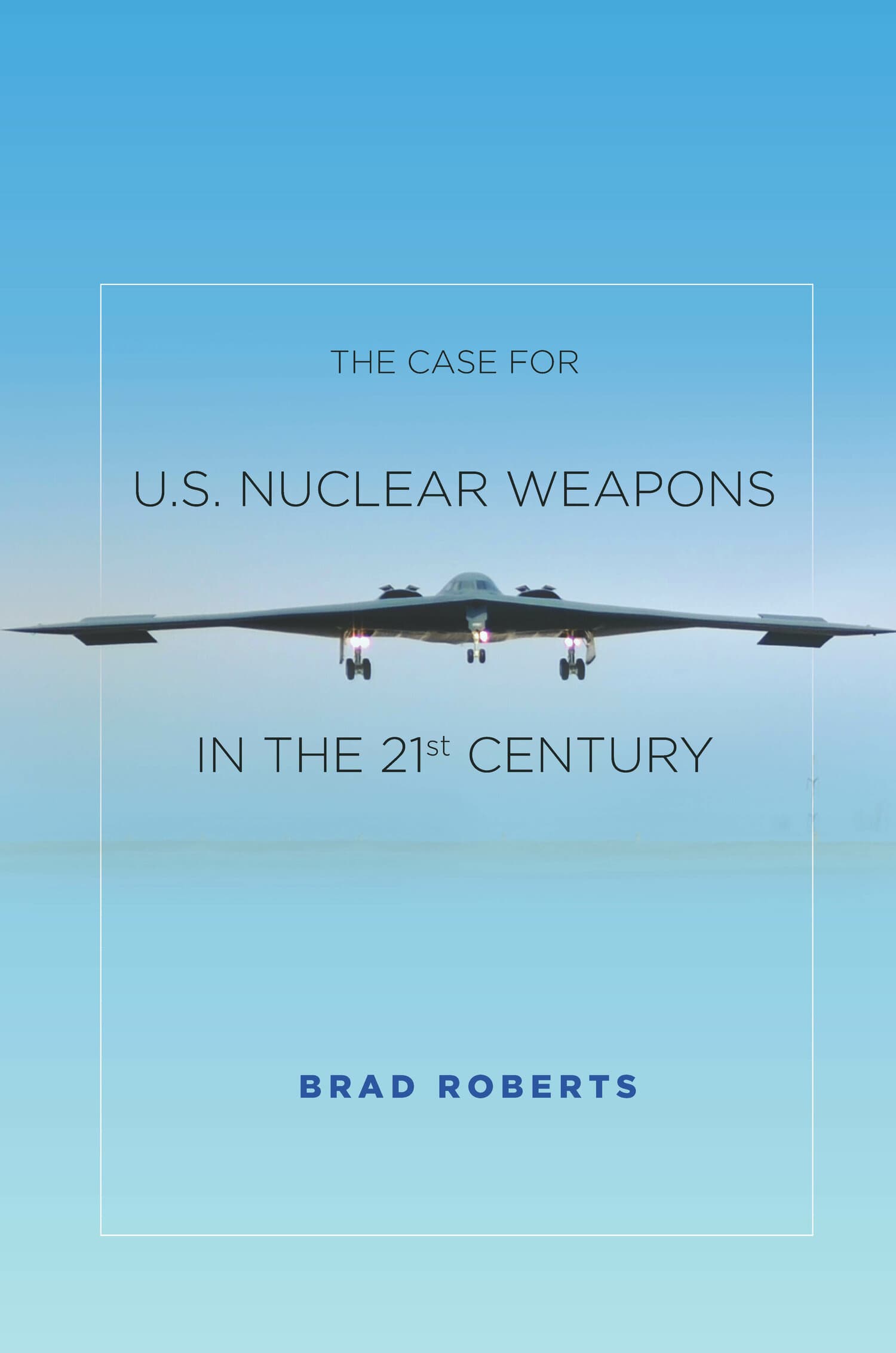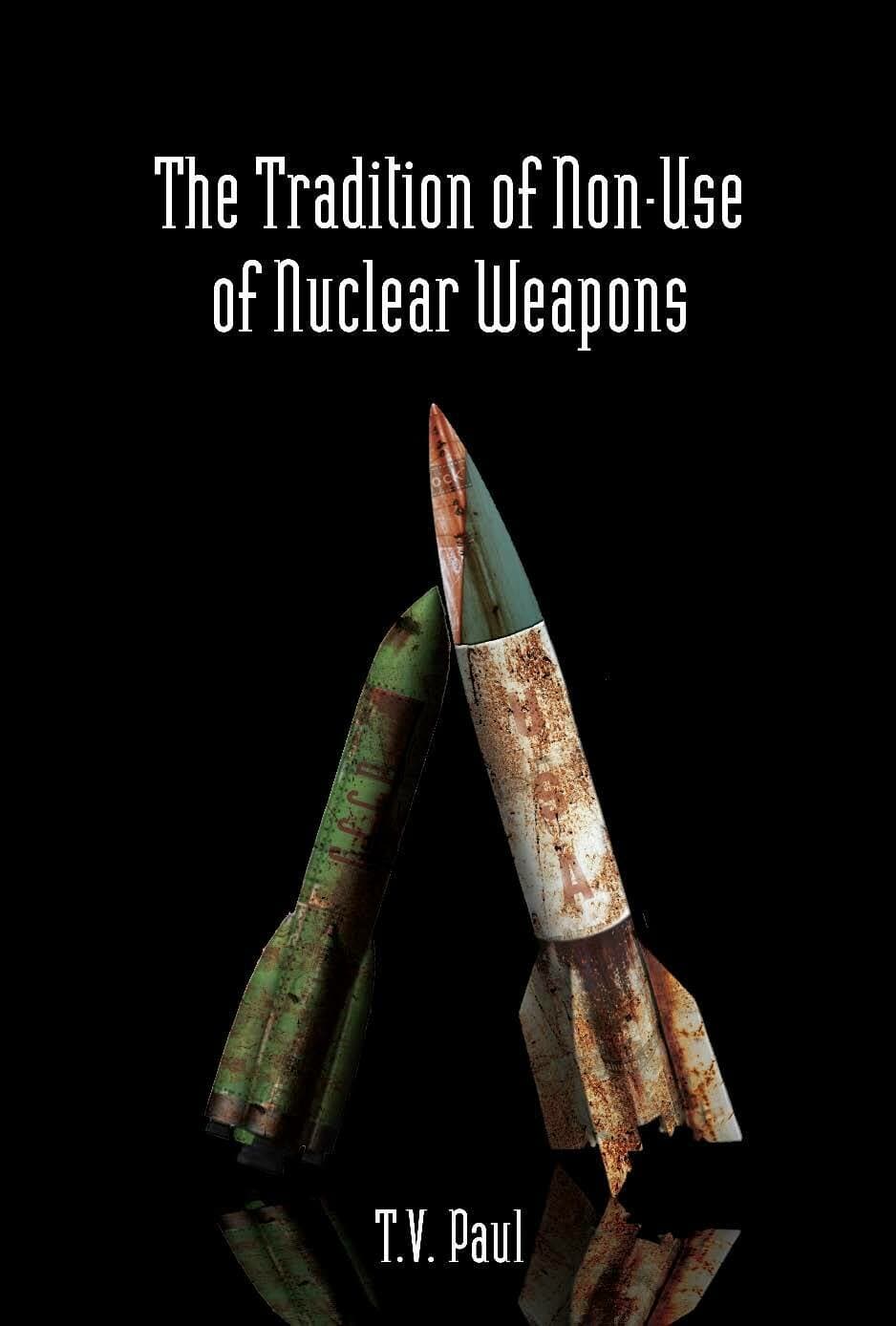Hinge Points

North Korea remains a puzzle to Americans. How did this country—one of the most isolated in the world and in the policy cross hairs of every U.S. administration during the past 30 years—progress from zero nuclear weapons in 2001 to a threatening arsenal of perhaps 50 such weapons in 2021?
Hinge Points brings readers literally inside the North Korean nuclear program, joining Siegfried Hecker to see what he saw and hear what he heard in his visits to North Korea from 2004 to 2010. Hecker goes beyond the technical details—described in plain English from his on-the-ground experience at the North's nuclear center at Yongbyon—to put the nuclear program exactly where it belongs, in the context of decades of fateful foreign policy decisions in Pyongyang and Washington.
Describing these decisions as "hinge points," he traces the consequences of opportunities missed by both sides. The result has been that successive U.S. administrations have been unable to prevent the North, with the weakest of hands, from becoming one of only three countries in the world that might target the United States with nuclear weapons. Hecker's unique ability to marry the technical with the diplomatic is well informed by his interactions with North Korean and U.S. officials over many years, while his years of working with Russian, Chinese, Indian, and Pakistani nuclear officials have given him an unmatched breadth of experience from which to view and interpret the thinking and perspective of the North Koreans.
"With dramatic visits to North Korea's long-closed nuclear facilities, and a full cast of top nuclear scientists and diplomats, Hinge Points offers a remarkable account of how North Korea became a nuclear power. Only Siegfried Hecker could have written this sobering tale of why and how the US—with worrying consequences—continues to get North Korea wrong."—Mike Chinoy, USC US-China Institute
"Written by a scientist who has actually walked around North Korea's nuclear complex, Hinge Points is a piercing analysis of the decades-long failure to curb Pyongyang's nuclear ambitions. With unparalleled mastery of both technical details and diplomatic complexities, Siegfried Hecker lays bare the history in a way that opens a future path to progress."—John Delury, Yonsei University
"With Hinge Points, Siegfried Hecker offers unique insights into North Korea' dangerous nuclear program. And no-one is better qualified to do so. Hecker has visited the North and talked with their nuclear experts many times—and has held their plutonium in his (gloved) hand."—William J. Perry 19th U.S. Secretary of Defense
"Hinge Points is an excellent book full of fascinating people and science and first-rate analysis from a man who has seen North Korea firsthand and knows better than most the dangers of a nuclear stand-off. The book lays bare Washington's missed opportunities to create a more stable and prosperous Korean Peninsula, as well as the difficult questions facing policymakers in the White House, Pyongyang and beyond."—David Tizzard, NK News
"As the former head of Los Alamos National Laboratory, Hecker had unique opportunities to visit North Korean nuclear facilities between 2004 and 2010 and played a role in the negotiations intended to stop North Korea from becoming a credible nuclear power. Here, he describes the failure of that diplomatic effort."—Lawrence D. Freedman, Foreign Affairs
"Unlike other physical scientists who have turned their hands to policy, Hecker understands the complexities without trying to reduce them to simple solutions. His frustration at the lack of progress with North Korea is palpable and a refreshing contrast to the tired cynicism of experts in Washington who believe that Pyongyang is a hopeless case yet refuse to adopt different approaches. One can only hope Hecker has another chance to visit North Korea to brighten the prospects for diplomacy."—Sharon Squassoni, Arms Control Today
"Hecker dives into the technical detail and, with the mastery of a medieval alchemist, transforms it into the gold of plain English."—Glyn Ford, Asian Affairs
"Hinge Points provides a trenchant critique of the failed attempts of the Bush, Obama, and Trump administrations to denuclearize North Korea.... Highly recommended."—M. E. Carranza, CHOICE
"Hecker is correct to suggest that the Korean question is the most urgent unsolved long-term crisis in global politics. Hinge Points serves as a very useful overview of the problem. Anyone concerned with international politics needs to read this study drawing the general public's attention to the potential tinderbox of war that is East Asia."—James Flowers, H-Sci-Med-Tech
"Hinge Points adds much detail to the recent history of nuclear negotiations between the United States and North Korea and provides a good overview of North Korea's nuclear developments, particularly those occurring between 2004 and 2010, and the reasoning behind them. Hecker's ambition to show the parallel tracks of nuclear developments and diplomatic engagement undertaken by the North Koreans fills a certain knowledge gap in terms of Pyongyang's negotiating strategy."—Névine Schepers, H-Diplo
"Hinge Points should be read by anyone who wants to know more about the development of the North Korean nuclear program and the importance of understanding the technological implications of diplomatic policy and as a good counterpoint to the usual interpretation of North Korean actions as inherently aggressive."—Dr. Gates M. Brown, Parameters
"Siegfried Hecker offers a refreshingly detailed (and, in one key episode, almost tactile) description of spaces few will ever enter, paired with a crisp analysis of lost opportunities."—Målfrid Braut-Hegghammer, Survival
"The book doesn't shy away from the challenges Hecker faced: limited access, information constraints, and navigating interactions with North Korean scientists. Coauthored by Elliot Serbin, Hinge Points clarifies the behind-the-scenes diplomatic efforts and effectively translates the technical complexities of nuclear engineering for a broader audience, ensuring the book is both detailed and informative."—Gianluca Spezza, Political Science Quarterly
"By humanizing his interlocutors, Hecker accomplishes a number of surprising ends, relevant not just to the North Korean case but also holding implications for similar contexts where the United States has claimed unilateral power."—John P. Dimoia, Technology and Culture
"[Hecker's] arguments are persuasive. The book is interesting and easy to follow despite covering over twenty years of detailed history and some complex nuclear science.... Hinge Points is an outstanding read for national security professionals studying diplomacy and nuclear proliferation."—Joseph Mendel, H-War




